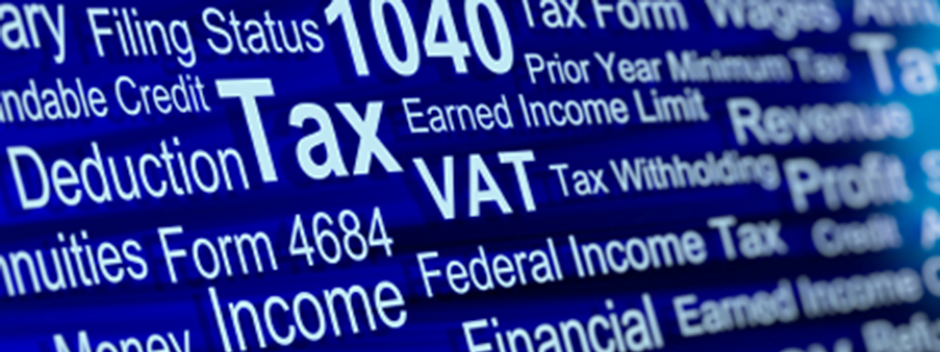So, this year you are preparing your own tax return, no need for a CPAs, Enrolled Agent or Tax Attorney…great!
But have you thought about “FBAR” and your 2018 tax return!!!
You might ask, do I have to worry about this FBAR quagmire if I have never been outside of the United States?
YES
What triggers this FBAR compliance for me?
Usually this is triggered when you have foreign interest on your form 1099-int. You investments from your money managers, such as Schwab, Merrill, Wells Fargo, etc.… will send you this rather thick packet of how your investments have performed for 2018 that have a summary page at the front. Now look to see if you have “foreign interest” and/or “foreign tax paid”. If so, you need to disclose this on section iii of schedule b.
Is that it?
It may be if any one of your foreign accounts earning interest has never exceeded the equivalent of us$10,000 at any time during the 2018 year or if all of your foreign accounts have collectively never exceeded the equivalent of us$50,000 at any time during 2018.
Now, is this the end of FBAR applying to me?
Well, here are some triggers that may require you to continue your inquiries into your investments.
Foreign bank accounts held by you years ago and you are not sure if it is even still open.
A relative has died and left you, your spouse, an estate you are managing or a trustee of a family trust.
- Securities accounts (brokerage and/or custodial accounts)
- Commodity futures or option accounts
- Insurance policies or annuity contracts which have a cash value.
- Mutual funds or pooled funds
- Pension funds and retirement accounts
You may have answered “no” to all of the above, but are you like many Americans, investing in cryptocurrencies?
The jury is out on cryptocurrencies. Cryptocurrencies on a foreign cryptocurrency exchange, such as xapo.com or in a “wallet” maintained by a foreign wallet service provider, i.e.…blockchain.com, may fall into the FBAR compliance net. It is true that the IRS has classified cryptocurrencies as property and outside of FBAR. But the Federal Government, the SEC, classifies cryptocurrency as a “security” and “commodity” which by default falls into FBAR compliance on your tax return’s schedule b, section iii as well as IRS form 8938 and FBAR filing which is separate from your actual tax return.
If any of the above has you concerned, I will be discussing this more on part ii for next week’s publication knowing April 15th is coming upon all of us very quickly.

